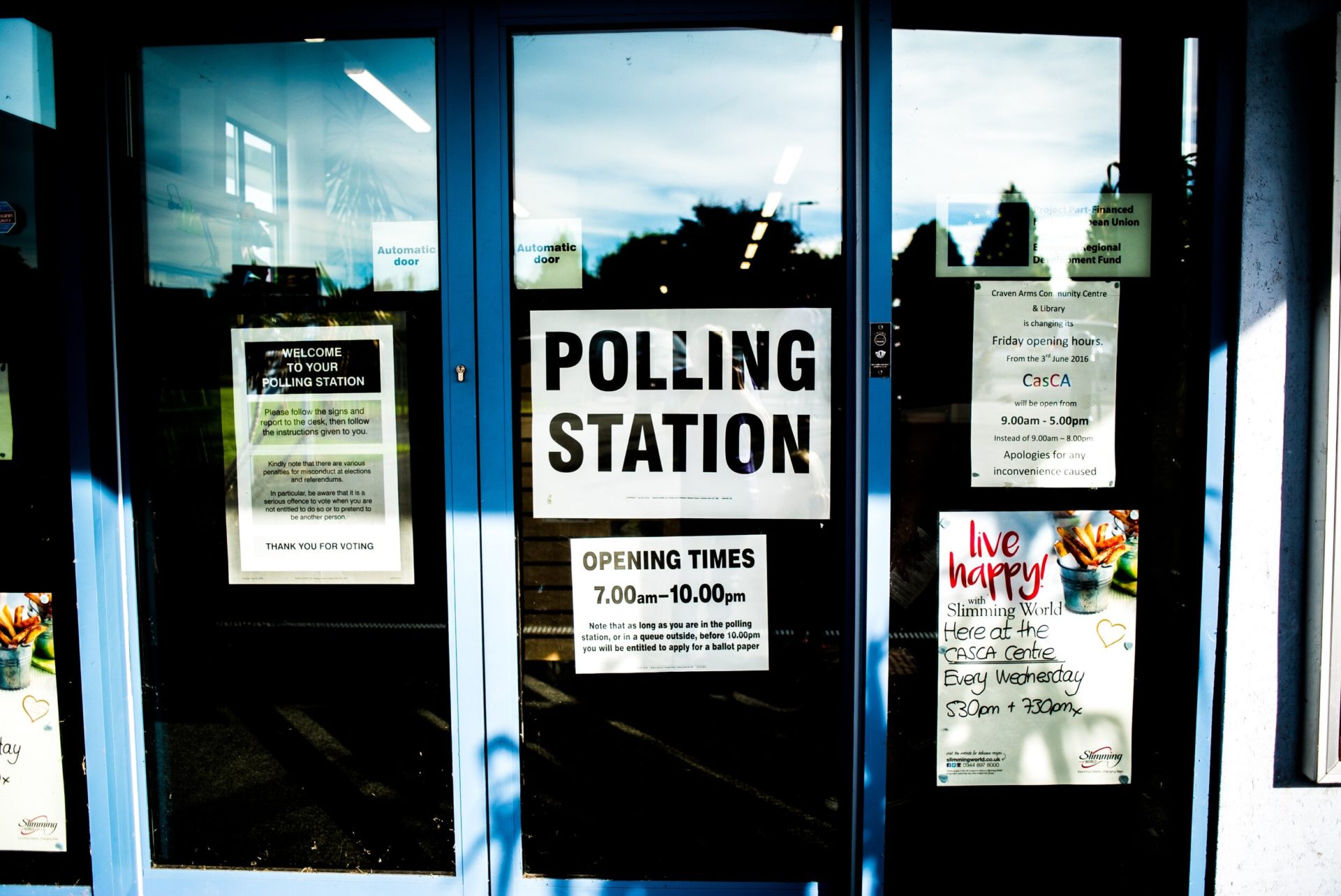
“Extend the sphere,” wrote James Madison, “and you take in a greater variety of parties and interests; you make it less probable that a majority of the whole will have a common motive to invade the rights of other citizens…”
Madison reasoned that by establishing diversity of thought within large societal groups destructive tendencies would be stifled and a prudent leader – or “fit choice” – would be more likely to emerge. Extending the sphere of Influence, laid out in Federalist 10, is the inadvertent force behind restrictive ballot access policies that impair Independent candidates from appearing on the ballot and the motivation behind the United States’ two-party system.
If you are not a Republican or a Democrat, getting your name on the ballot in most states is challenging. Why do you think Bernie Sanders and Michael Bloomberg, two illustrious Independents, scurried into the Democratic party before the election? Despite some complaints from within the party, they didn’t throw their names in the ring to “spoil” the election in Trump’s favor. Attempting to run unaffiliated from any political group, as an Independent, can be herculean, even for political behemoths.
Each state has vastly different ballot access requirements for local, statewide, and federal elections. Circulating a candidate nomination petition and gaining valid signatures is a fundamental practice most states employ, even for Democrats and Republicans. For Independents, states can set the minimum number of required signatures equal to a percentage of the total votes cast in previous elections. In Alabama Independents running for statewide or federal office are required to amass signatures equaling 3% of the total votes cast in the last gubernatorial election, or 51,000+. Texas has a 1% requirement equaling 83,000+ signatures. Further whittling down the field of signatories, Independent petitions in Massachusetts cannot be signed by any party affiliated individual.
Other states simply set an arbitrary number like New York, where statewide Independent candidates must collect 15,000 signatures. Maryland’s requires 10,000. Pennsylvania has only recently changed from a percentage of total votes cast to 2.5 times the number of signatures party-affiliated candidates are required to obtain. However, you would be hard-pressed in finding this information as Pennsylvania’s election code does not reflect this change, nor several others.
Adding to the formidable endeavor Independents may face are petition filing deadlines, which a handful of states require on or before the primary election date; their name will not be on the primary ballot. On top of North Carolina’s 83,000+ signature minimum (1.5% of the total gubernatorial vote), Independents running for statewide office must file their petition by noon on primary election day or eight months before the general election.
Let us not forget the inevitable legal battles scrutinizing the validity of each signature. In West Virginia and Texas, signatures are automatically eliminated for Independents if the signatory voted in the primary. Hedging against these omissions is absolutely necessary and forces Independents to garner thousands of more signatures. In reality, Texas and North Carolina demand 100,000+ signatures spread across geographical districts.
The price tag in legal fees can easily hit tens of thousands of dollars. Take, for example, a candidate in Pennsylvania’s 2006 U.S. Senate election whose legal bill was $80,000. In Georgia, just filing a petition for U.S. Congress will cost you $5,220. Alabama only charges $34,000 to minor parties for their voter registration list.
State Supreme Courts, Federal Courts, and even SCOTUS have held that these ballot access restrictions do not constitute an undue burden and promote party stability. Paradoxically, the only Independent to ever qualify for North Carolina’s statewide ballot was Ross Perot in 1992. In Michigan, Perot was again the last Independent to qualify for the statewide ballot.
Still, the punishing trek for Independent candidates does not end there. The accusations of “spoiling” the election, insinuations of unimportance, and the taunting of a hopeless campaign come with the territory. Criticisms are not unjustly so; some Independent candidates possess coarse convictions that do not fit into the status quo. Many are just fed up with the deadlocked political landscape.
Excessively restrictive ballot requirements partially subscribe to Madison’s “sphere of influence” by pushing roguish factions into the Republican and Democratic parties. Yet, if one of these two parties gain “a common motive to invade the rights of other citizens,” excessive ballot restrictions will perpetuate these ruinous tendencies. Without the diversity of thought that the right Independent candidates offer, extending the sphere of influence is questionable.
______________________________________________________________________________________________________________________






